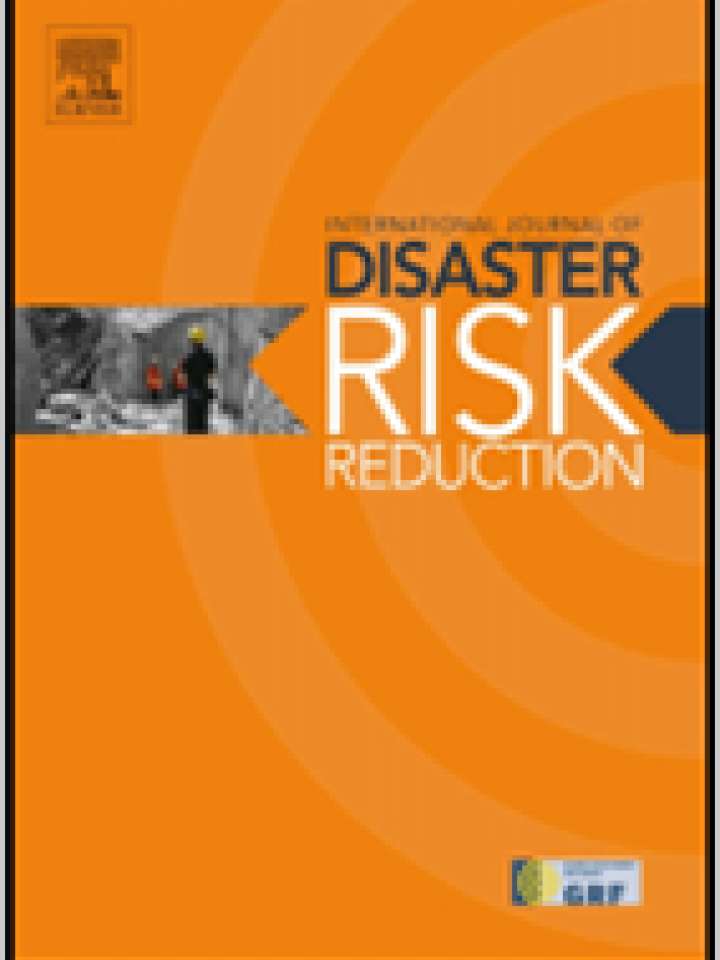The role of prior experience in informing and motivating earthquake preparedness
This paper explores the influence of prior experiences on earthquake preparedness. Four core categories related to experience were identified, including direct disaster experience; indirect disaster experience; vicarious experience; and life experience. People's experiences were informed to some extent by exposure to the geographic locations they lived in and the risks they faced, but also by other events that had happened over the course of their lives.
The research found that experience has the following seven different influences on the preparedness process including:
- Prompting thinking and talking;
- Raising awareness and knowledge;
- Helping individuals understand the consequences of a disaster;
- Developing beliefs;
- Developing preparedness;
- Influencing emotions and feelings; and
- Prompting community interaction on disaster issues.
Earthquake educators should be aware that experience does have an influence on the way people interpret hazard and preparedness issues with respect to making decisions about preparedness. Therefore, it should be considered a relevant and valuable source of information for the general public. DRR practitioners should ensure that the aforementioned aspects discussed in this paper are tailored for inclusion in future earthquake education programmes.
International Journal of Disaster Risk Reduction. Shared under a Creative Commons license (CC BY-NC-ND 4.0).
Explore further
